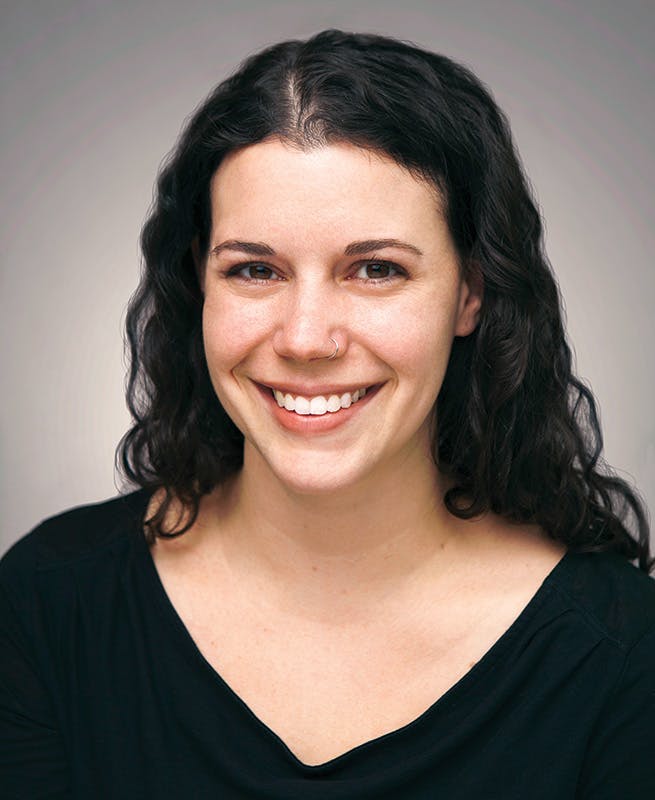According to my résumé, my first job out of college was an internship at a publishing house. But technically, that’s not quite true.
Before I got the call about the internship, I spent a few days doing food prep and working the deep fryer at a Middle Eastern restaurant that paid me in cash, under the table. I was very slow at chopping onions.
The summer after I completed a master’s degree, I worked on a small farm picking blueberries, planting seedlings in a greenhouse, and watering, watering, watering. Later, at the bottom of the 2008 economic recession, I took a job opening and sorting mail at a bank.
None of those jobs appears on my LinkedIn profile. Neither does the work I do as a parent of small children — feeding, clothing, bathing, teaching, coaching, and seemingly endless laundry. All of those things are real, meaningful work that I’m proud of, opportunities that I’m privileged to have access to.
A résumé is not a complete life story. It’s not supposed to be — it’s supposed to focus on our most career-relevant accomplishments. And yet a résumé is a kind of story, the kind that shapes a deliberate narrative about our careers, a narrative that says, “I’m qualified; look at all I’ve accomplished.” Indeed, the storytelling we do in many areas of life is selective.
It’s an honor to help celebrate the stories of the Seattle Pacific University community in this magazine. And I really do believe personal stories are opportunities to bear witness to the gifts and talents God gives us. In particular, it’s been fun to connect with the “125 Ones to Watch,” graduates of the last decade who are finding ways to put their education to work. They represent the amazing variety of careers, callings, talents, and gifts in the SPU community.
But no accomplishment tells the whole story. We are our doubts and fears just as much as we are our moments of success. The first decade after graduation can be full of excitement, but just as often full of bumps and stumbles on the way.
I often think about those parts of our stories that aren’t as easy to tell. What came out of that berry-picking summer, when I wasn’t “using” my advanced degree? The truth is, it was a meaningful time of reflection – and I was bone-tired at the end of each day. In the rush to affirm the goodness of work and those who “love what they do,” I sometimes wonder if we’re too drawn to definitions of success that have little to do with those vocations we all share: callings to serve and to care for others.
I love how one of our “Ones to Watch,” Jacob Redding ’13 put it, when he says, “Real success is enriching people’s lives and not expecting anything in return.” I hear an echo of this in the ending line of my favorite novel, George Eliot’s Middlemarch, as the narrator reflects, “the growing good of the world is partly dependent on unhistoric acts” and on those who “lived faithfully a hidden life, and rest in unvisited tombs.” So many people throughout the course SPU’s 125-year history fit that description, and I’m grateful for the chance this year affords to honor just a few of them.





